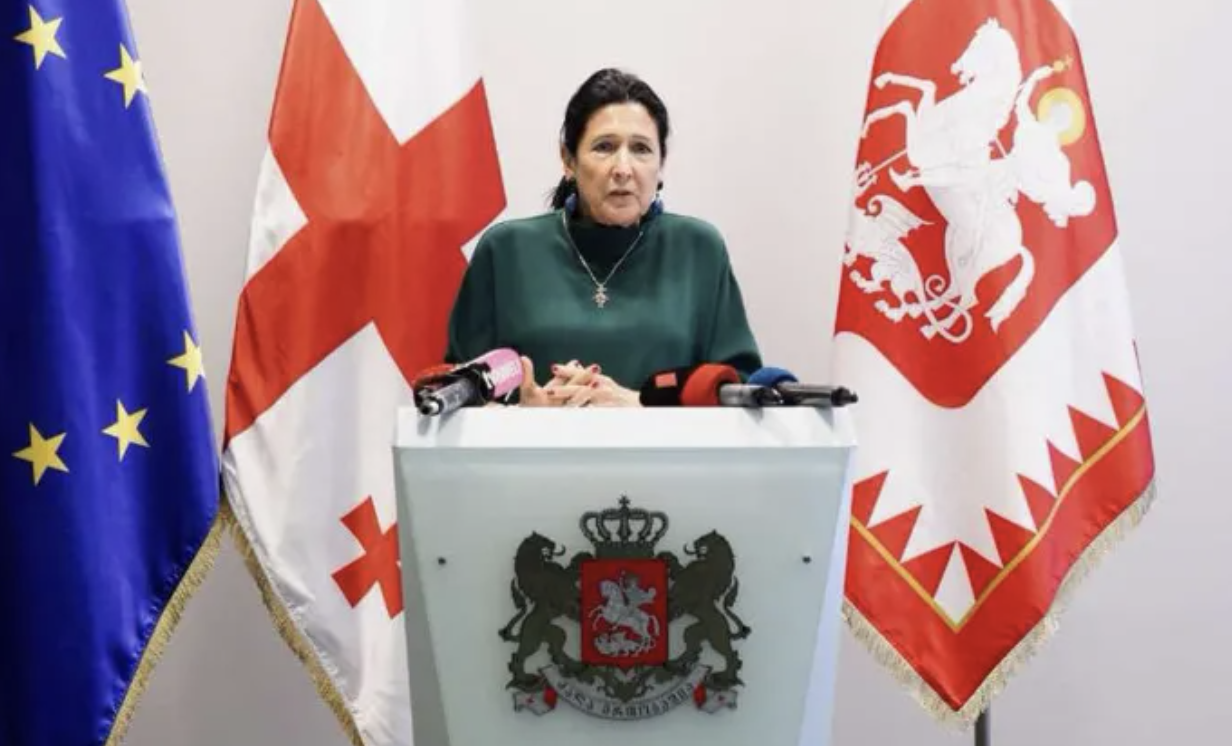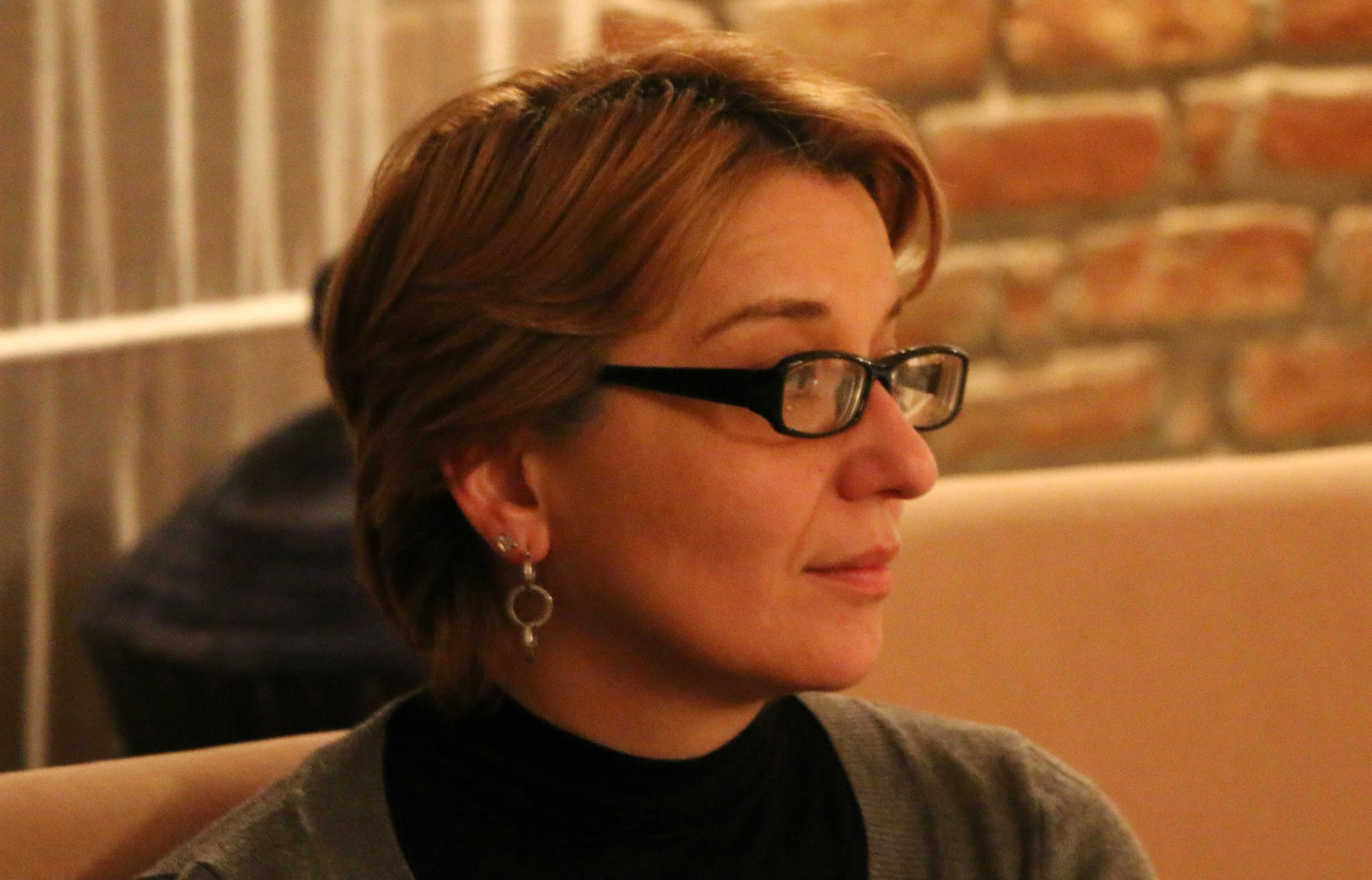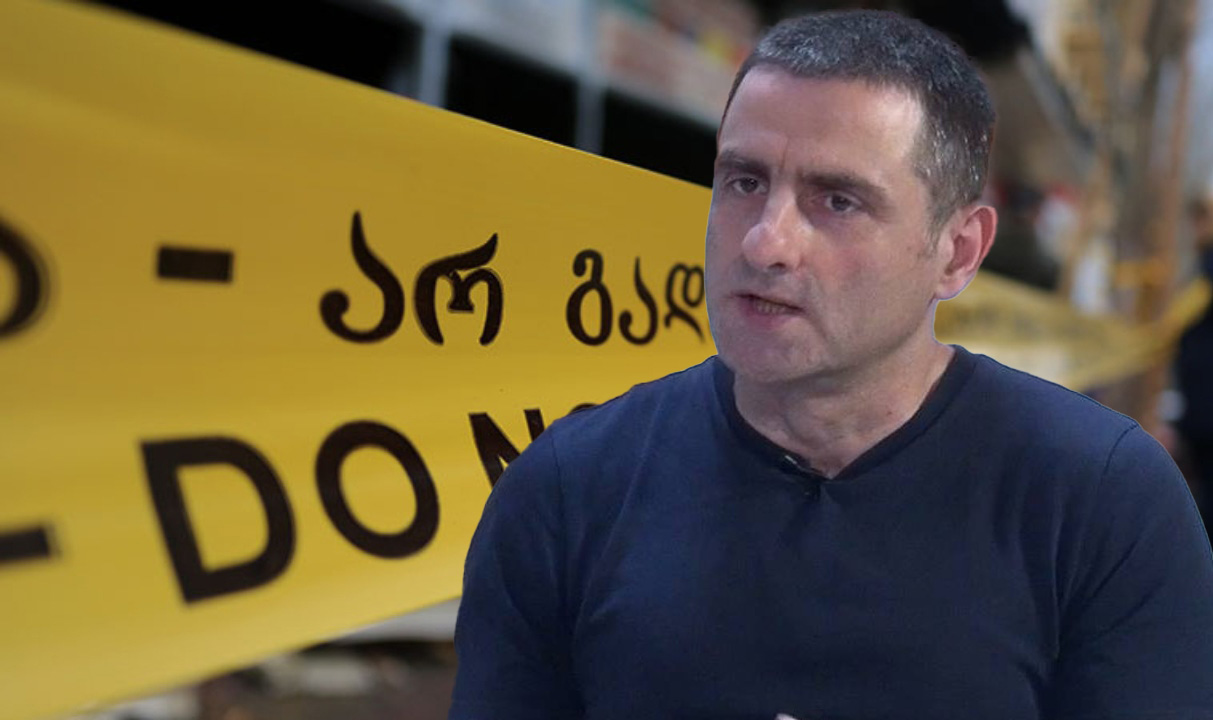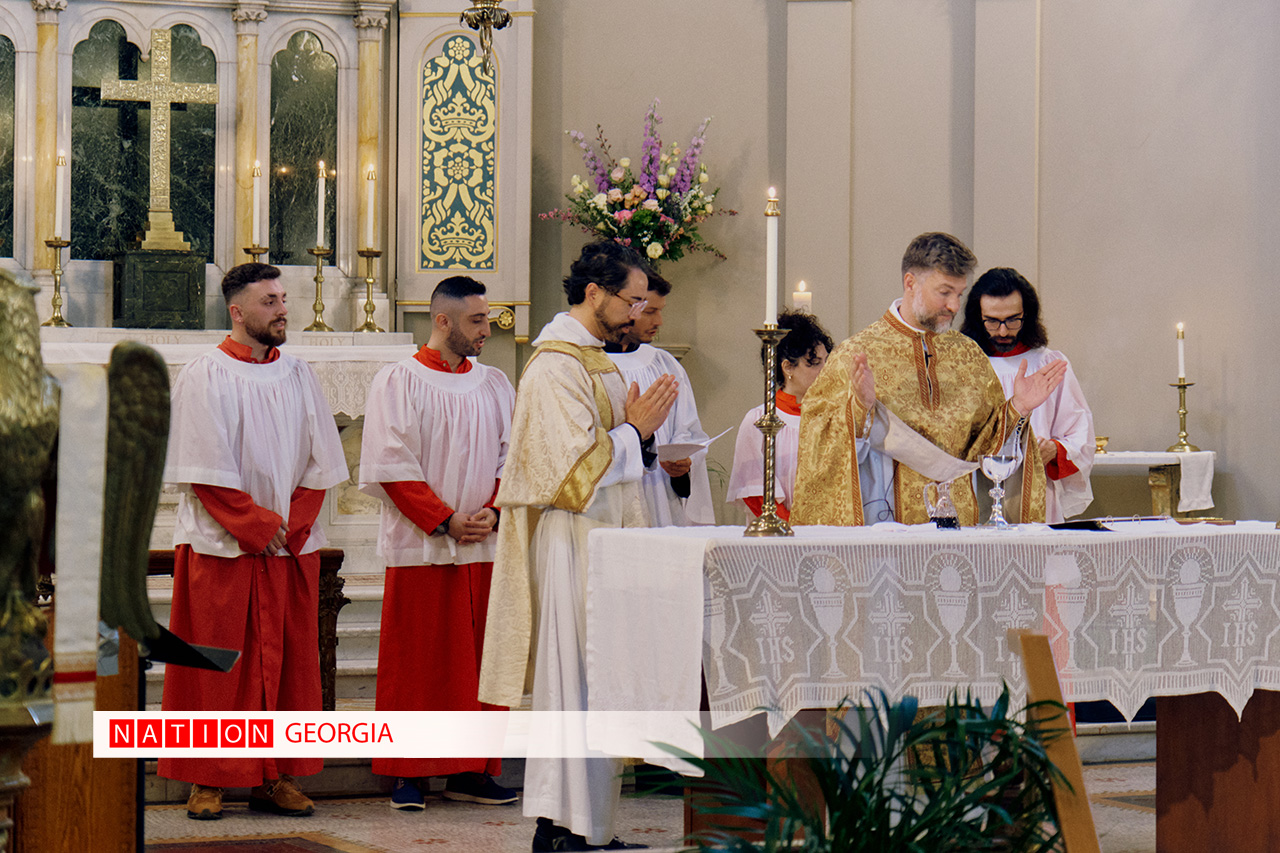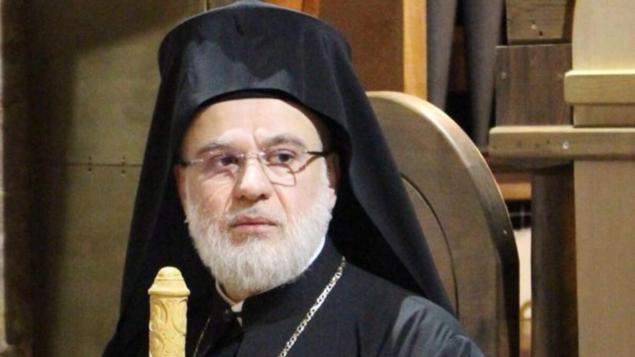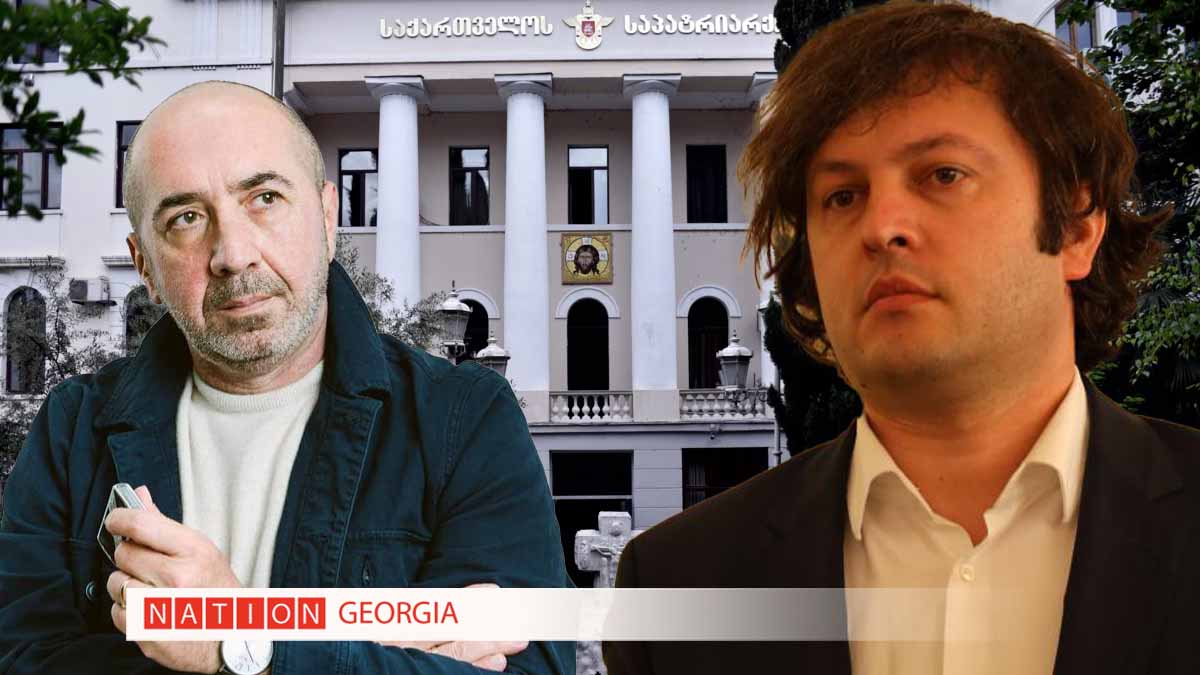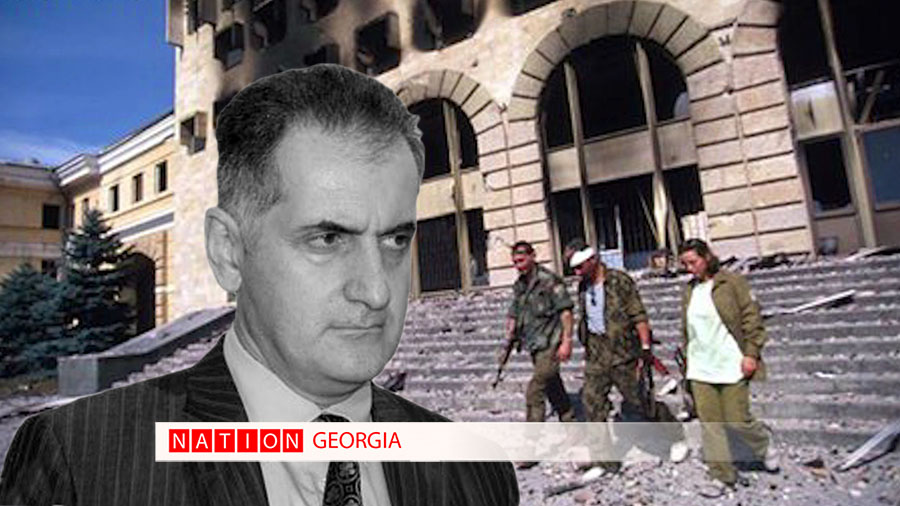
UNESCO calls on Russia to refrain from actions that may harm Ukraine's cultural heritage
26.07.2024 ნახვები: 457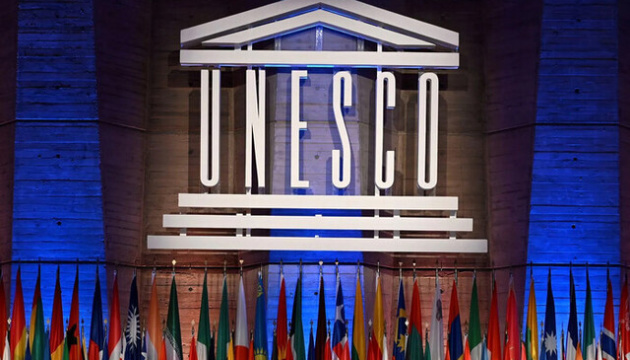
That’s according to Ukraine’s Ministry of Foreign Affairs, Ukrinform reports.
The Ministry says the relevant decision secured a “significant victory” for Ukraine at the 46th session of the UNESCO World Heritage Committee, where the Ukrainian delegation consisted of representatives from the Ministry of Foreign Affairs, Ministry of Environmental Protection and Natural Resources, and Ministry of Culture and Information Policy, headed by Anastasia Bondar, Deputy Minister of Culture and Information Policy.
The UNESCO World Heritage Committee (WHC) reviewed the state of conservation of the Ukrainian World Heritage Sites “Kyiv: Saint-Sophia Cathedral and Related Monastic Buildings, Kyiv-Pechersk Lavra”, “L'viv – the Ensemble of the Historic Centre” and “The Historic Centre of Odesa”.
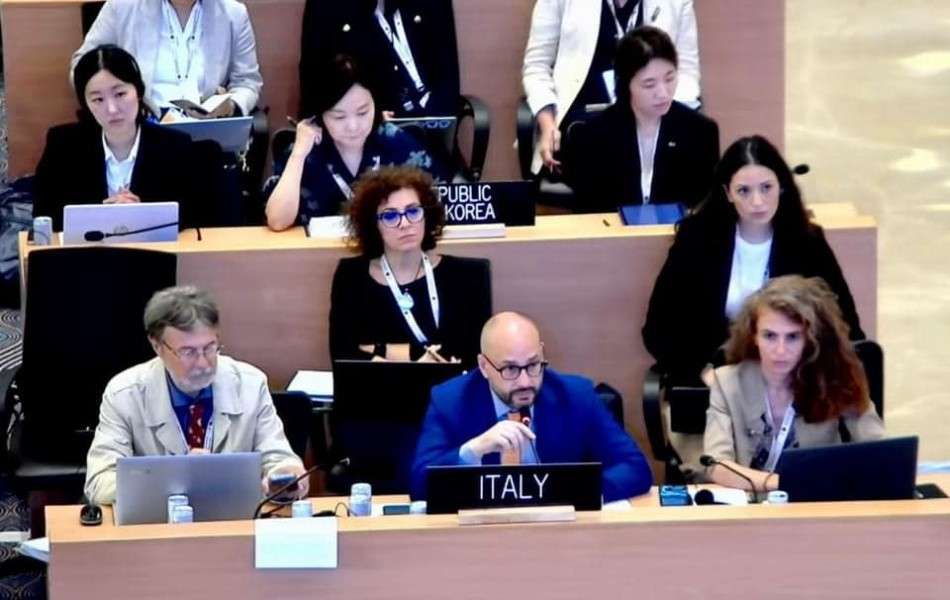
The Committee also called on Russia to “comply with its obligations under international law, including Article 6 of the World Heritage Convention.”
“Today's decision of the World Heritage Committee has long-term positive consequences for Ukraine. First, the Committee has finally documented in its official documents that it is the Russian Federation that is the cause of the threat to Ukraine's cultural heritage sites. We finally managed to avoid vague wording about ‘appeals to all parties,’” said Iryna Borovets, Ukraine’s Deputy Foreign Minister, Head of the National Commission for UNESCO.
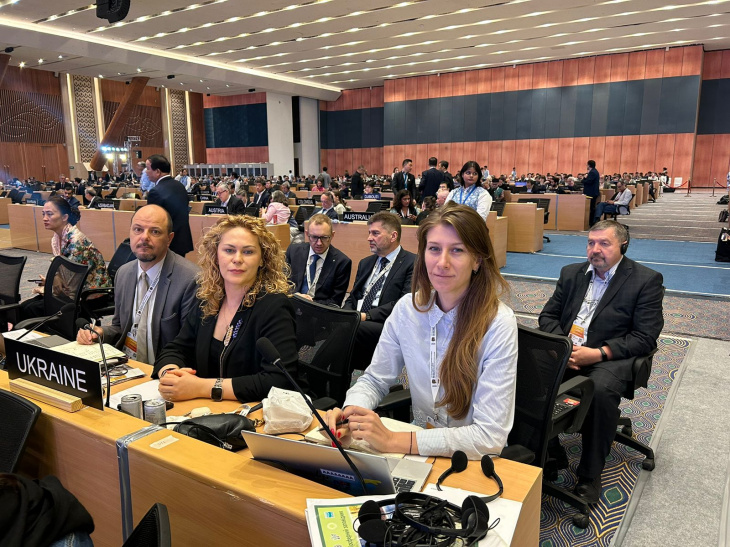
She noted that CWC’s support for Ukraine sent a clear signal to the aggressor state that “the civilized world stands with Ukraine in restoring justice and protecting Ukraine's cultural heritage.”
For the first time, the Committee also strongly condemned Russia's full-scale aggression and the deliberate destruction of cultural heritage and Ukrainian identity, the statement reads.
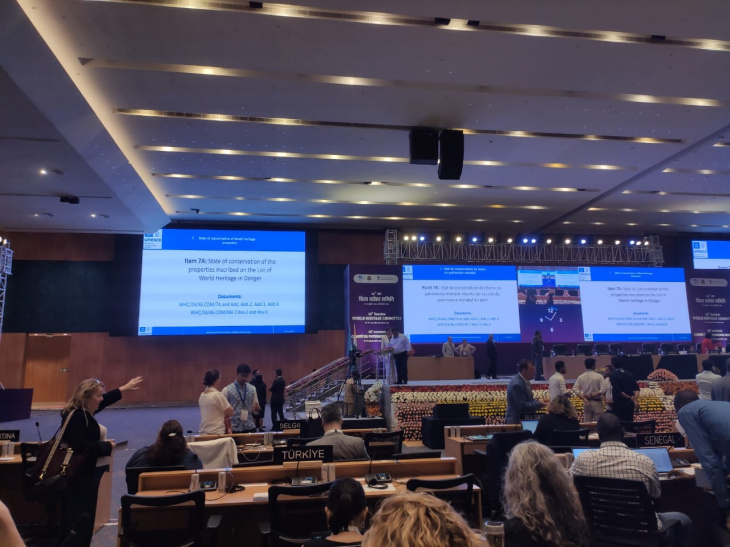
As reported earlier, the Committee consists of delegates from 21 states that are members of the 1972 Convention concerning the Protection of the World Cultural and Natural Heritage, selected by the UNESCO General Assembly.
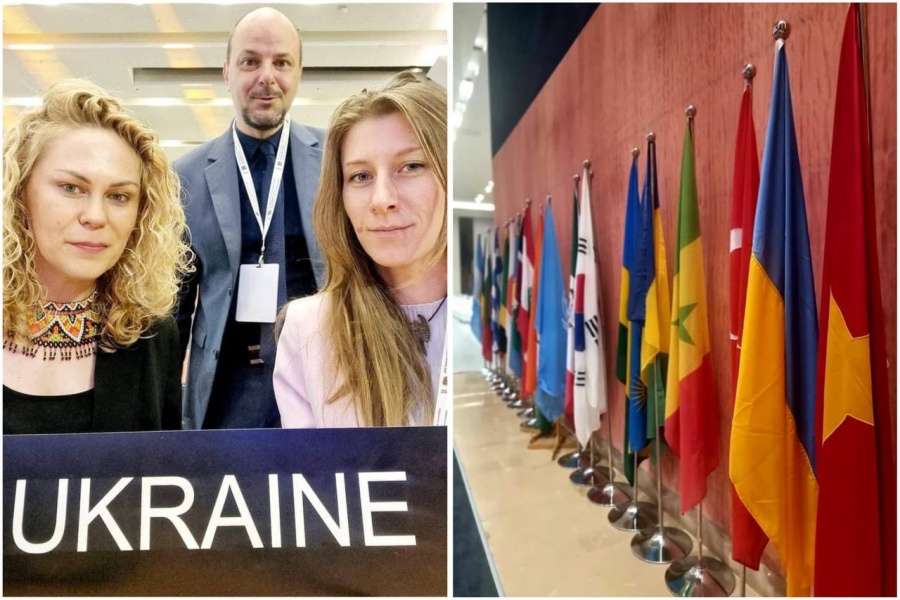
The current members of the World Heritage Committee, following election held at the 24th session of the UNESCO General Assembly in November 2023, are Argentina, Belgium, Bulgaria, Greece, India, Italy, Jamaica, Japan, Kazakhstan, Kenya, Lebanon, Mexico, Republic of Korea, Rwanda, St. Vincent and the Grenadines, Senegal, Türkiye, Ukraine, Vietnam, Qatar, and Zambia.




